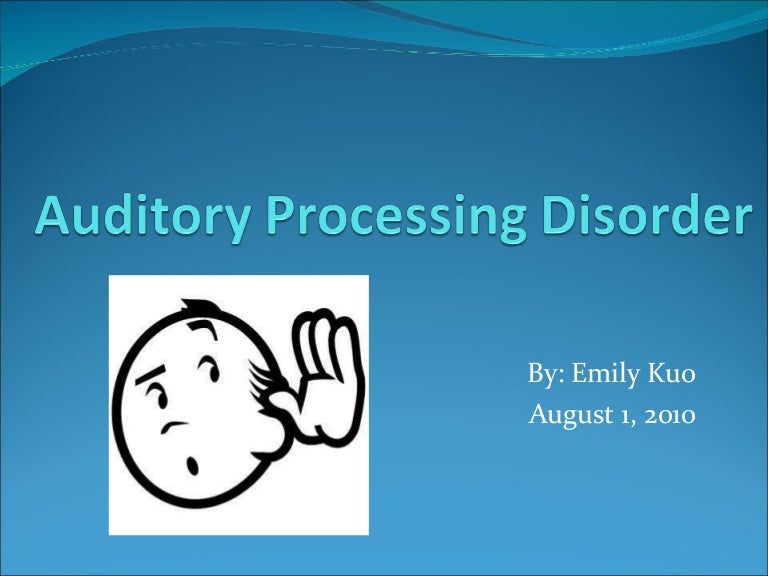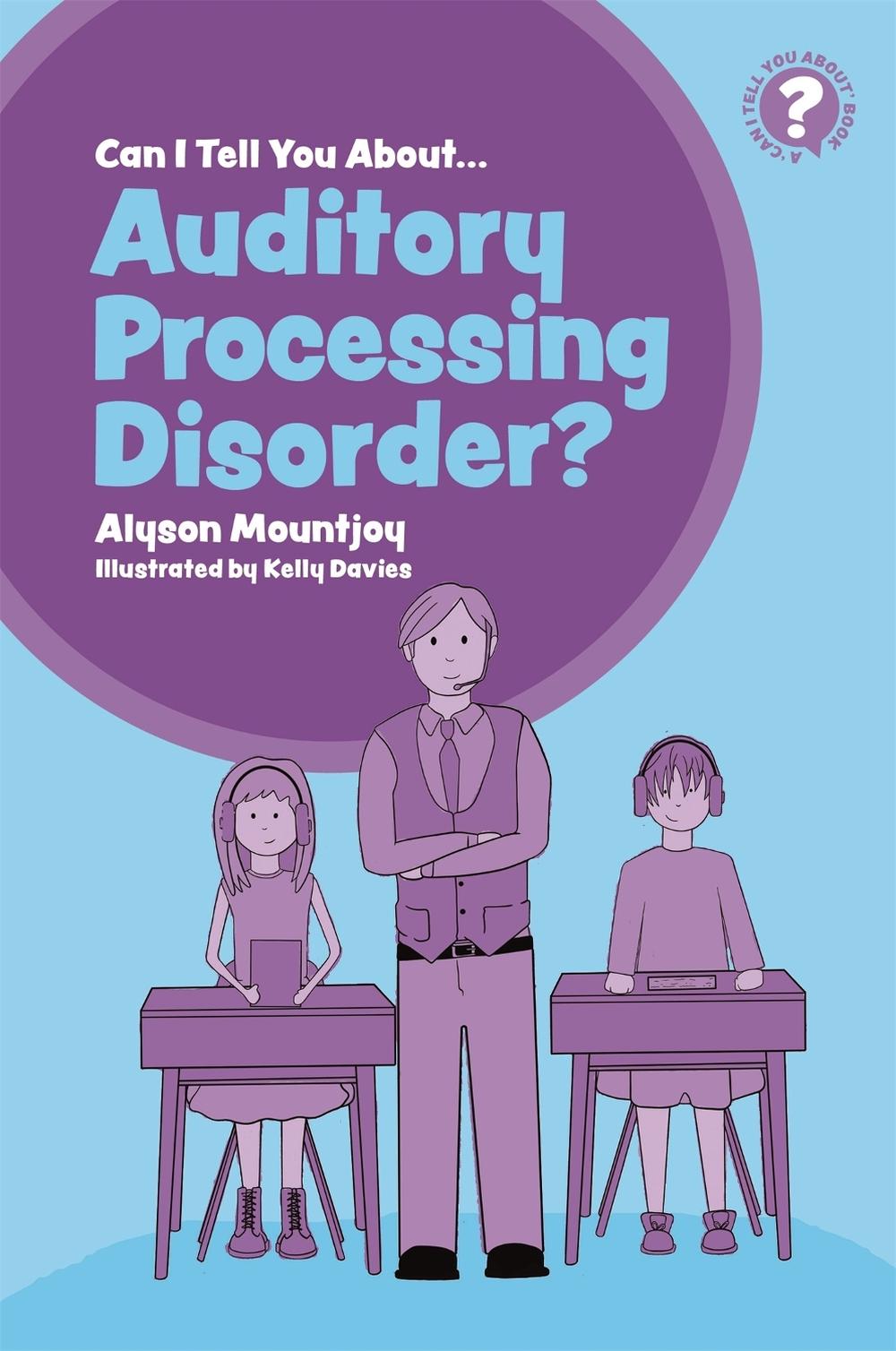

A language processing disorder (LPD) is not the same as an auditory processing disorder (APD). Two common processing disorders are language processing disorder and auditory processing disorder. The words seventy and seventeen may sound the same. Processing disorder is a broad term that is used to describe a range of communication disorders. For example, they may not recognize the difference between cat, that, and bat. But people with APD don’t pick up on the subtle differences between them. For example, a child can have trouble hearing the difference between the words bat and cat. Auditory processing disorder (APD) is a term that refers to problems in how the brain understands speech. Teachers will frequently have to repeat instructions in an effort to help your child process them adequately. Difficulty hearing subtle differences between sounds (Auditory Discrimination). Language processing disorder can be a massive contributor to your child’s behavior at school. People with auditory processing disorder (APD) have a hard time hearing small sound differences in words.Adults might get supports at work.įor parents and caregivers: Find out how speech-language therapists work with kids.įor educators: See a list of classroom accommodations for APD.įor adults: Learn about accommodations in the workplace. For example, kids might get written instructions instead of spoken ones. They might also get assistive technology. Auditory processing disorder is a neurological problem that cannot be treated by medication. Schools may give students extra support in class under a special education plan called an IEP. Speaking at a slower rate or slightly higher volumeīeing patient and repeating things people miss One person with a language disorder might find it difficult to speak extemporaneously or outline what they are thinking, while another person might struggle to understand what others.


An auditory processing disorder is a broad term used to describe a variety of different auditory challenges rather than a single event. APDs affect the auditory areas of the brain. There are two types of LPDpeople with expressive language disorder have trouble expressing thoughts clearly, while those with receptive language disorder have difficulty understanding others. Auditory processing disorders (APDs) are referred to by many names: central auditory processing disorders, auditory perceptual disorders, and central auditory disorders. Canadian Guidelines on Auditory Processing Disorder in Children and Adults: Assessment and Intervention (2012). There are many ways to support people with APD and make it easier for them to manage the challenges. A language processing disorder (LPD) is an impairment that negatively affects communication through spoken language. People with this disorder have difficulty reading, spelling, writing, and even speaking. LPD may also result in difficulty in understanding spoken language, in spoken and written form. Are you suggesting that APD can also occur in adults FU1-3. Language Processing Disorder (LPD) refers to a difficulty in using language to express yourself. Children do not grow out of visual processing disorders. It is not ADHD or a Sensory Processing Disorder although many children with visual processing issues struggle with attention and focus because they cannot process information they see. The earlier treatment starts, the better. 1 Were always hearing and reading about auditory processing disorders (APD) in children. Children can have 20/20 vision and still struggle with visual processing. But there are also speech-language therapists who work in clinics or in private practice.
#Processing disorder for free#
Schools might provide therapy for free if the child has a language disorder. People with sensory processing disorder may be extra. The main treatment for APD is speech therapy. Sensory processing disorder is a neurological condition in children that can affect the way the brain processes information from the senses.


 0 kommentar(er)
0 kommentar(er)
